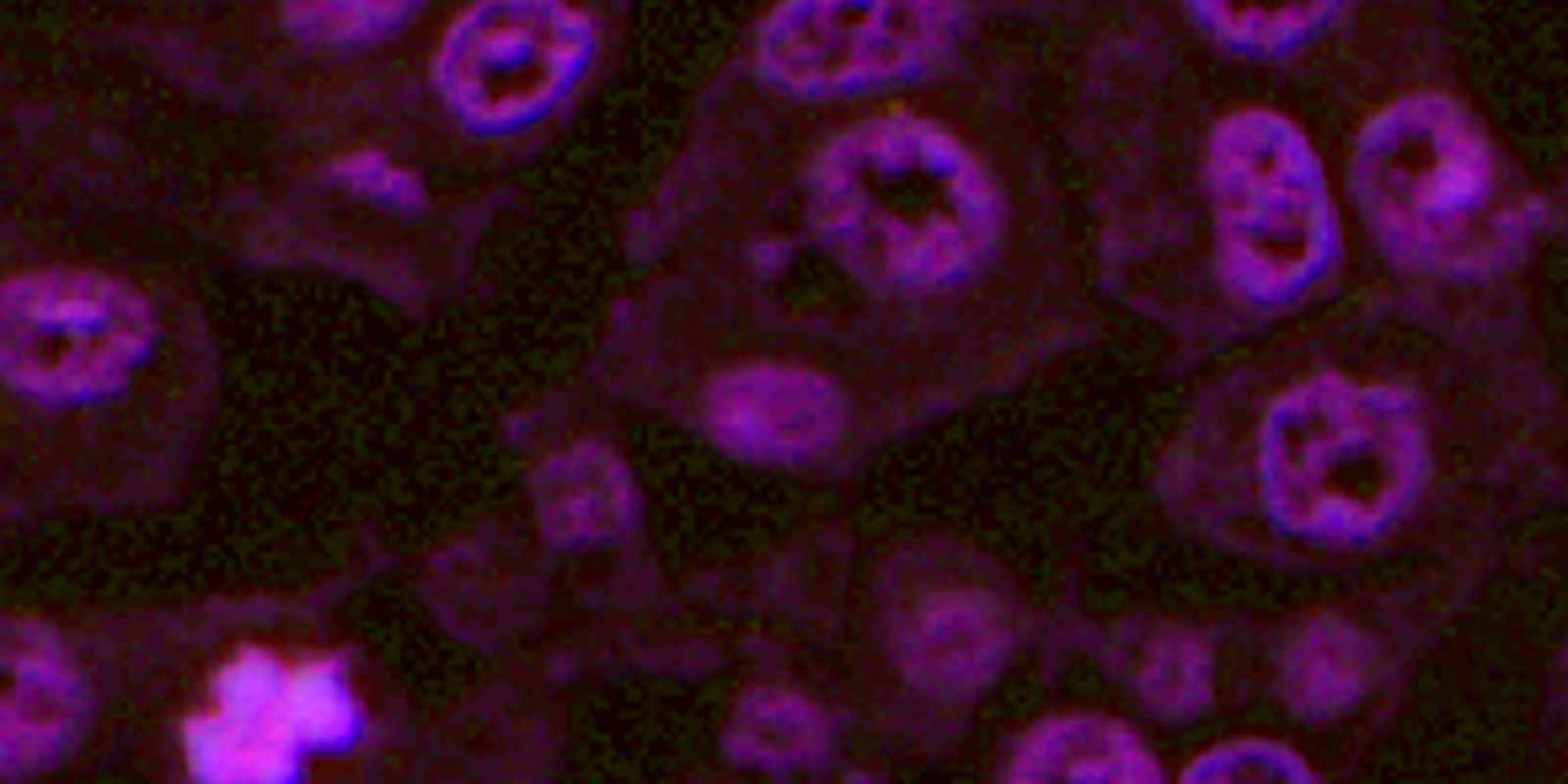Can playing computer games improve cancer treatments?
The British charity Cancer Research UK has paired up with citizen-science portal Zooniverse for a new crowdsourced initiative that hopes to favorable answer that question. Cell Slider is an image-matching computer game with the potential to lead to personalized cancer treatments.
Developer and Professor Paul Pharoah of Cambridge University said:
“There is information that can transform cancer treatments buried in our data – we just need the manpower to unlock them. We’ve turned our data into something that can be accessed by anyone – you don’t have to be a scientist to do this research. If we can get millions of people on Cell Slider, we hope to condense years of research into months.”
The idea is for game players to look at images of cancerous cells to find and identify certain molecules or cell structures which indicate how well a patient is likely to respond to one form of treatment over another.
The setup is similar to children’s image-matching games: look at an image and compare it to pictures of clearly labeled and identified cell shapes, in search of any matches. The game’s tutorial says, “Classifying samples is as easy as matching pairs of images and takes just a few clicks. Before we get started, we will guide you through the kinds of cell images you will see.”
So far it looks like the project has taken off. When we checked the Cell Slider site barely 24 hours after its release, the top of its home page already said, “Your Contribution Matters. 23733 images already analysed.” A few minutes later, that number was up to 24,967, and it’s still rising.
This isn’t the first crowdsourced science initiative.
One of the earliest and best-known is SETI@home, where volunteers aid in the Search for Extraterrestrial Intelligence, hence the acronym, by letting their computers download and interpret raw radio-telescope data in search of artificially created radio signals. Other citizen science initiatives introduced in just the past year include WhaleFM, which seeks to unlock the meaning of whalesong, and UCLA’s malaria-fighting BioGame, where ordinary people playing computer games diagnose malaria-infected blood cells with an accuracy rate within 1.25 percent of trained professionals.
Photo via Cell Slider


